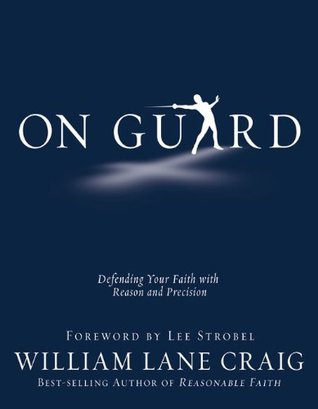More on this book
Community
Kindle Notes & Highlights
Read between
January 21 - February 23, 2018
TALK ABOUT IT It’s hard to imagine nothing. We can imagine empty space, but empty space is something, not nothing. Try to imagine that only God exists. Not the universe, not empty space, not even time. What goes on in your head when you try to conceive of this? Now suppose that not even God exists.
Abstract versus Concrete Objects Philosophers distinguish objects as being either abstract or concrete. The defining difference between them is that abstract objects are causally effete or impotent, whereas concrete objects can cause effects in the world. Various objects have been identified by different philosophers as abstract, principally mathematical entities like numbers, sets, and functions, but also propositions, properties, fictional characters, and even musical and literary works.
TALK ABOUT IT Do you know anyone who believes that the universe or the world is a God-substitute (like Gaia or the Force from Star Wars)? What leads them to believe that?
Analogies and Disanalogies An analogy is a point of similarity between two things. A disanalogy is a point of difference or dissimilarity between two things.
TALK ABOUT IT Ask a physics teacher: Why do elementary particles exist? Is it impossible for them not to exist? (Be prepared for the possibility that your physics teacher doesn’t want to have this conversation.)
TALK ABOUT IT How has this chapter shown that God: Is unembodied Mind? Transcends the universe? Created the universe?
God is the explanation of the existence of the universe. Moreover, the argument implies that God is an uncaused, unembodied Mind who transcends the physical universe and even space and time themselves and who exists necessarily.
I saw that as a Christian I didn’t need to stick my brains in one pocket and my faith in the other pocket and never let them see the light of day at the same time.


